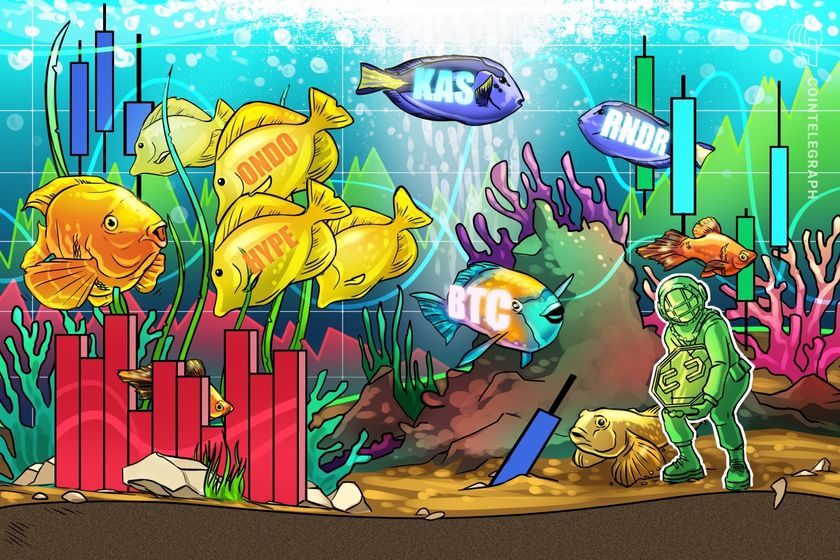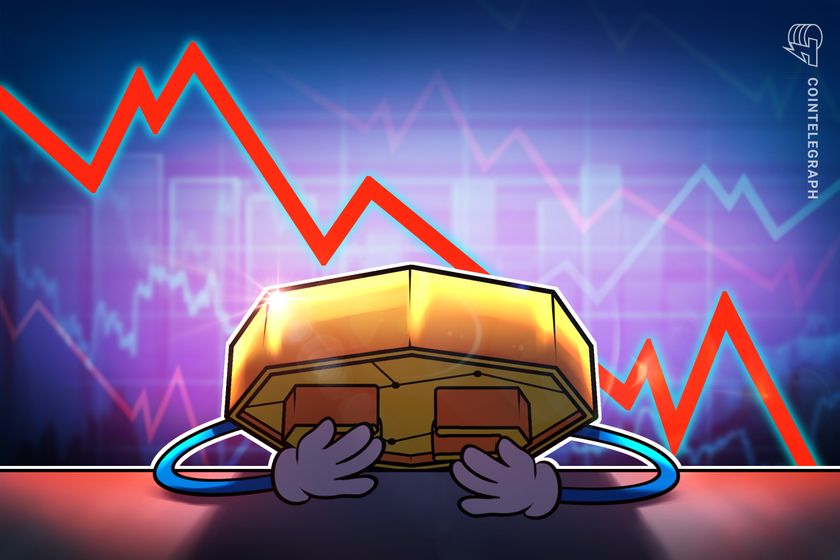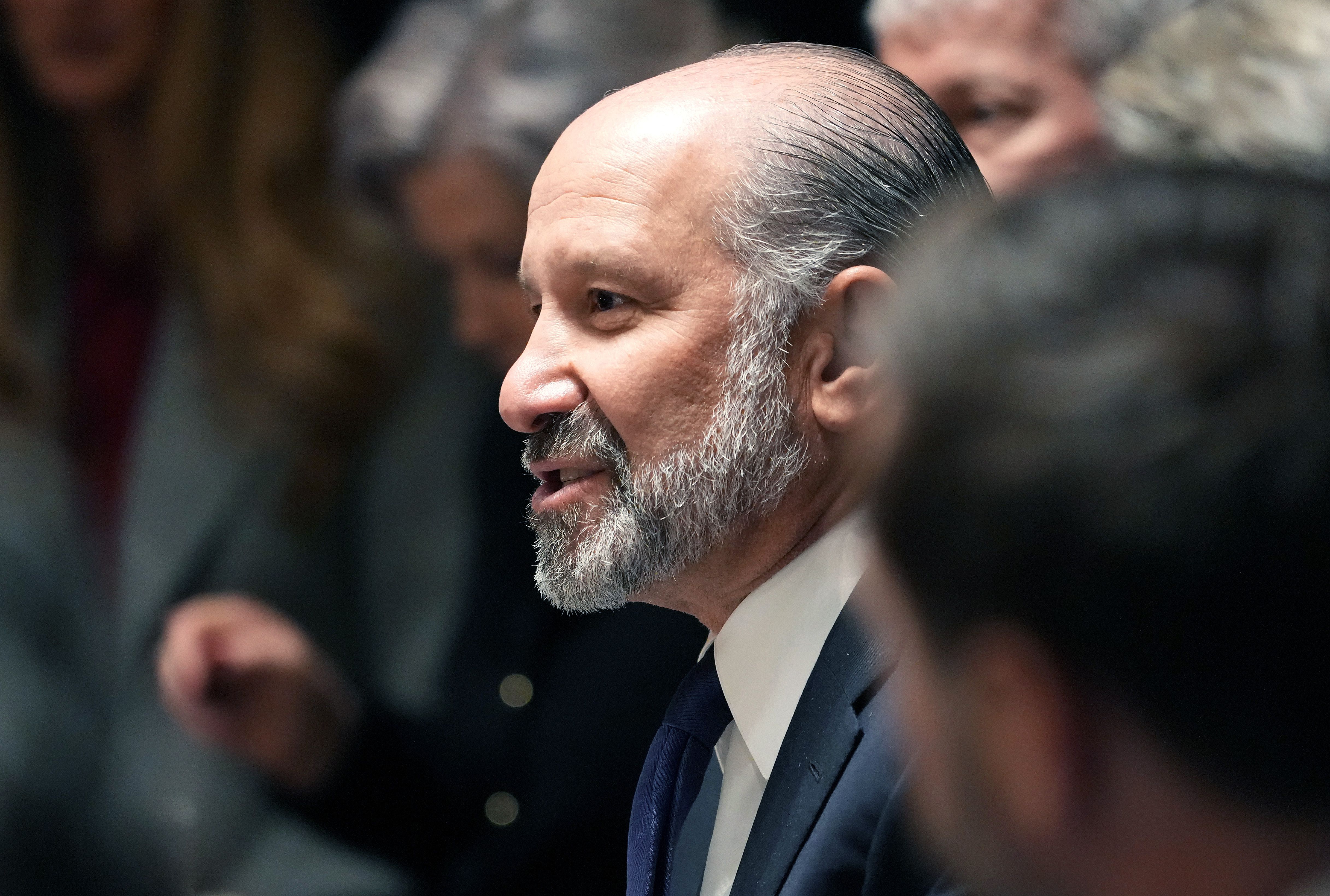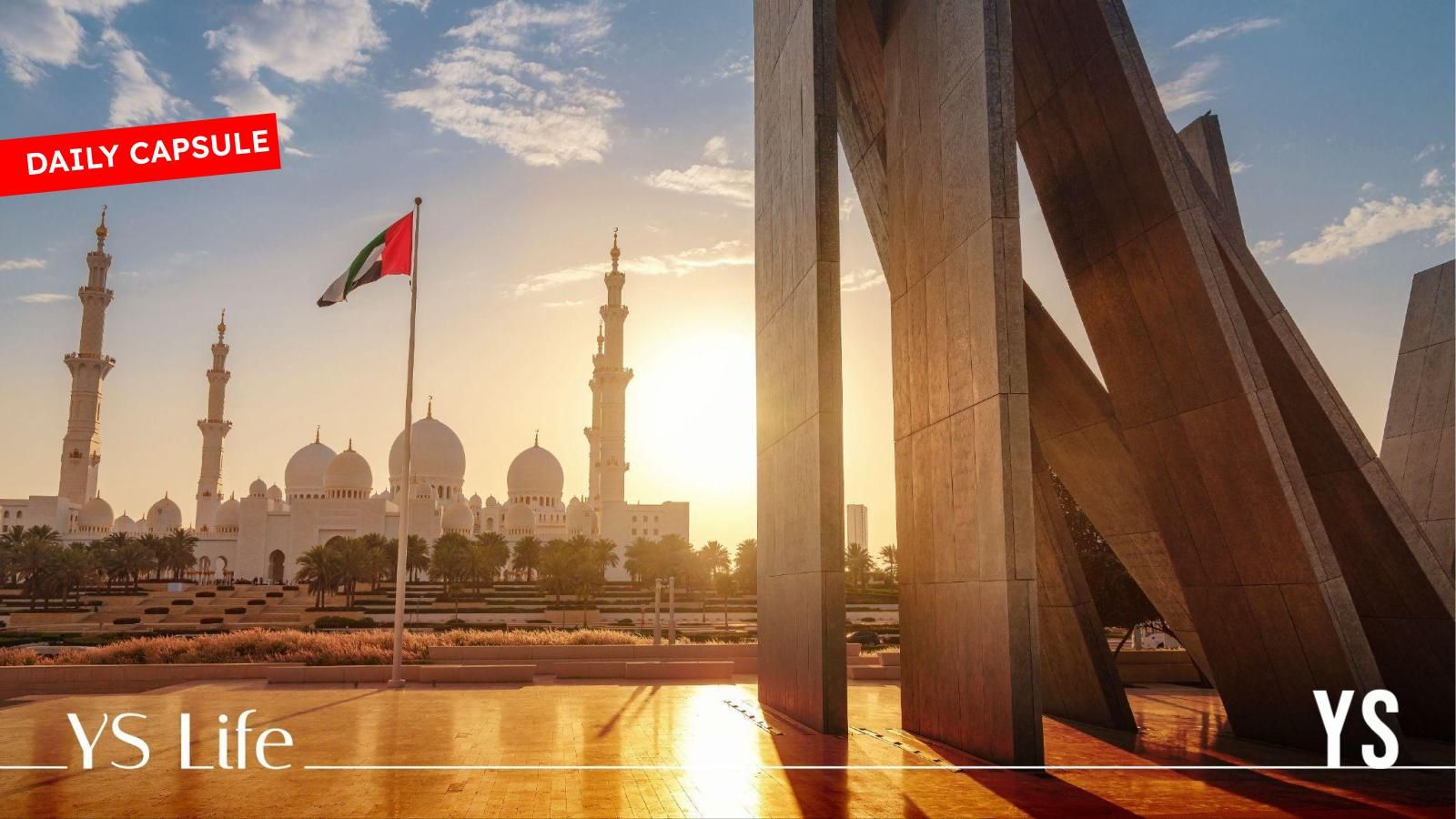Rajasthan Budget 2025-26: Rajasthan Vehicle Scrap Policy Implemented
Rajasthan’s Green Budget 2025 launches the Vehicle Scrap Policy, solar training for women, and plans Rs.900 crore investment in clean cities.


The Rajasthan government has presented the state budget for the financial year 2025–26 in the Assembly. Emphasizing the vision of a “Developed Rajasthan,” the government has termed this year’s budget a historic initiative as the state’s first Green-Themed Budget. The focus lies heavily on renewable energy, rural development, and infrastructure growth.
In her speech, Deputy CM and Finance Minister Diya Kumari declared that the state aims to transform into a $350 billion economy by 2030.
The Green Budget focuses on ten key sectors:
- Climate Change Adaptation
- Forests & Environment – Biodiversity/Ecology
- Sustainable Agriculture, Water Conservation/Recharging
- Sustainable Land Use
- Green Energy
- Recycling & Waste Management – Circular Economy
- Clean Technology Development
- Green Auditing
- Capacity Building – Education, Skills
- Green Financing
Key Announcements
Finance Minister Diya Kumari stated in her budget speech:
“A five-year ‘Climate Adaptation Plan–2030’ will be implemented in the state. A Centre of Excellence for Climate Change will be established at a cost of ₹150 crore. Policies such as Tree Outside Forest (ToFR) and Agroforestry will be introduced to expand green cover. A gharial breeding center will be opened in Sawai Madhopur.”
Under the National Natural Farming Mission, 2.5 lakh farmers will receive subsidies in the coming year. To promote organic farming, 1 lakh farmers will benefit from bio-agents and biopesticides. Small and marginal farmers will be given an incentive of ₹30,000 for bull-driven farming, along with subsidies for biogas plants.
Water Conservation and Land Use
In Budget 2025–26, the Chief Minister Jal Swavlamban Abhiyan 2.0 was announced. Under this mission, ₹2,700 crore will be spent on water harvesting structures across more than 4,700 villages.
With the goal of “Developed Rajasthan 2047,” the government will prepare a GIS-based Green Land Use Perspective Plan. A new honorarium program called “Solar Didi” has been launched to promote the use of solar equipment. Under this scheme, 25,000 women will be trained.
Pumping stations of the Public Health Engineering Department (PHED) will be linked to solar energy through the Hybrid Annuity Model (HAM).
Vehicle Scrap Policy and Circular Economy Push
Finance Minister Diya Kumari announced:
“The Rajasthan Vehicle Scrap Policy will be implemented across the state. Waste to Wealth Parks will be set up at all district headquarters, and utensil banks will be established in village panchayats.”
To widely promote the circular economy, the Rajasthan Circular Economy Incentive Scheme–2025 has been introduced. ₹2 crore will be allocated for R&D in recycling and reuse. MSMEs and startups working in the circular economy sector will receive an additional 0.5% interest rebate on loans.
A Clean and Green Technology Development Centre will be set up with ₹250 crore. Over the next three years, ₹900 crore will be invested to develop clean and eco-friendly cities.
A Sustainable Development Goals Coordination and Acceleration Centre (SDGCAC) will also be established.
Green Credits and Ecological Projects
- A Rajasthan Green Credit Mechanism will be developed along the lines of carbon credits, including tradable credits.
- A Rajasthan Green Challenge Fund has been launched with ₹100 crore.
- The Green Aravalli Development Project has been initiated with ₹250 crore.
Conclusion
This budget marks a significant step in making Rajasthan a leader in environmental conservation, renewable energy, water preservation, and sustainable agriculture. Through this Green Budget, the Rajasthan government has made it clear that economic progress is now deeply connected to environmental responsibility. This budget is not only a move toward financial development but also a decisive step toward nature protection.
























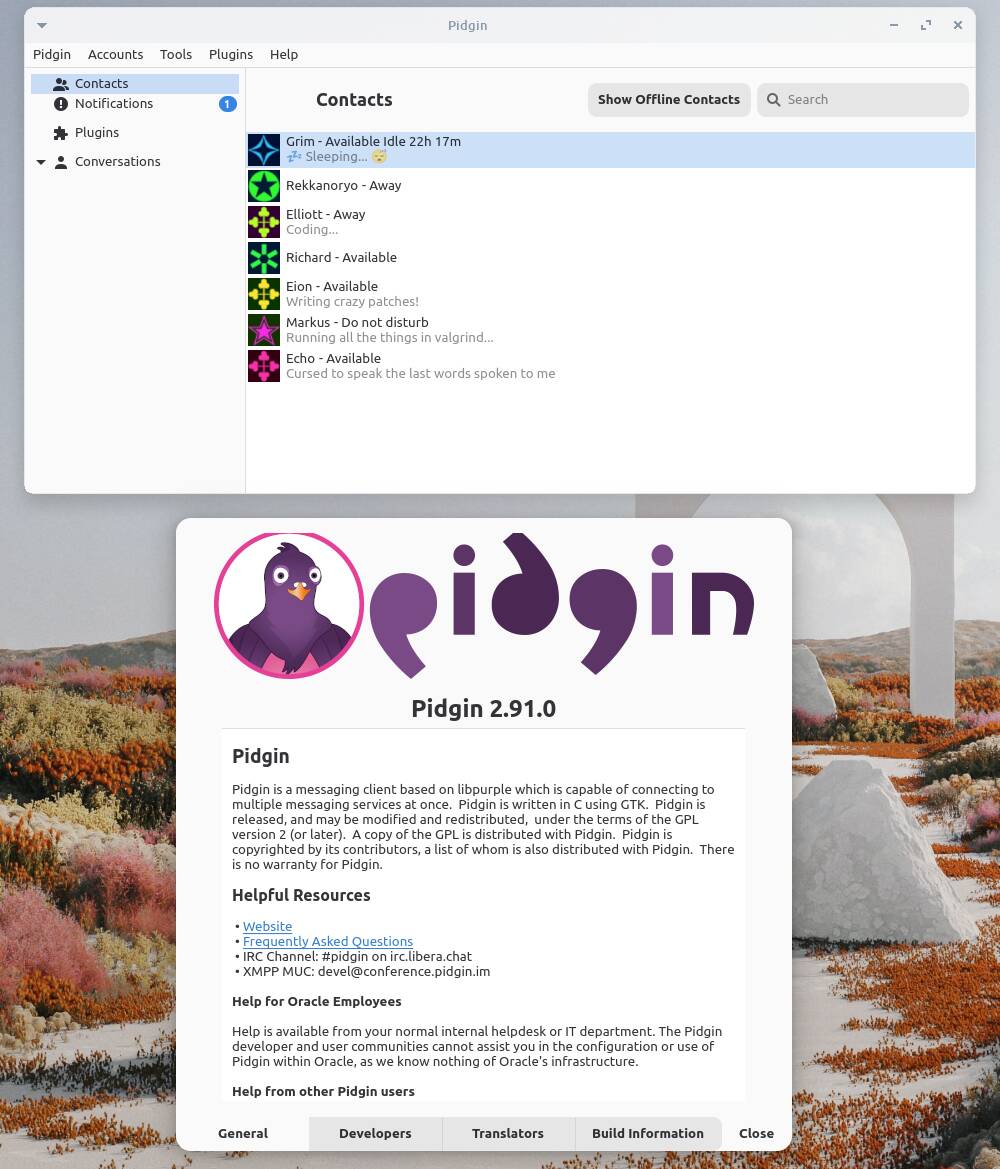



















































































































































![[The AI Show Episode 143]: ChatGPT Revenue Surge, New AGI Timelines, Amazon’s AI Agent, Claude for Education, Model Context Protocol & LLMs Pass the Turing Test](https://www.marketingaiinstitute.com/hubfs/ep%20143%20cover.png)
















































































































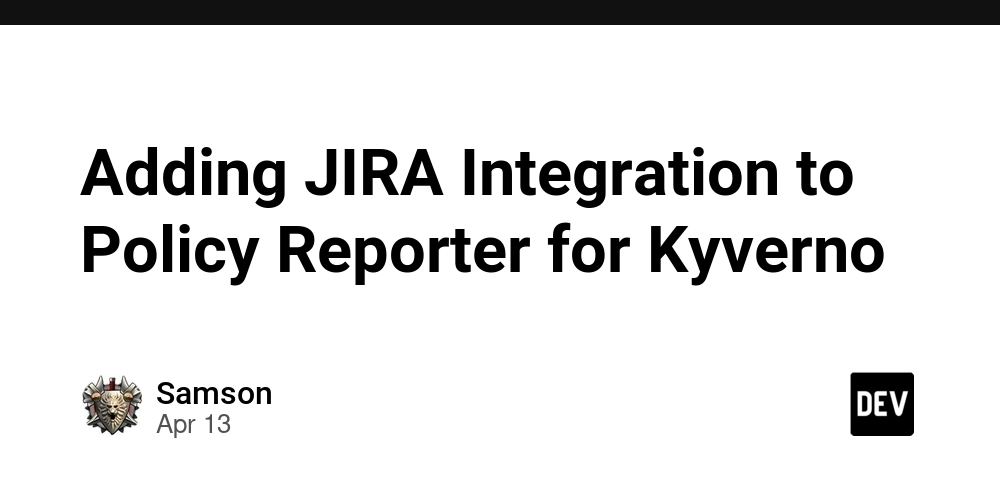








![[DEALS] Microsoft Visual Studio Professional 2022 + The Premium Learn to Code Certification Bundle (97% off) & Other Deals Up To 98% Off](https://www.javacodegeeks.com/wp-content/uploads/2012/12/jcg-logo.jpg)



![From Accountant to Data Engineer with Alyson La [Podcast #168]](https://cdn.hashnode.com/res/hashnode/image/upload/v1744420903260/fae4b593-d653-41eb-b70b-031591aa2f35.png?#)



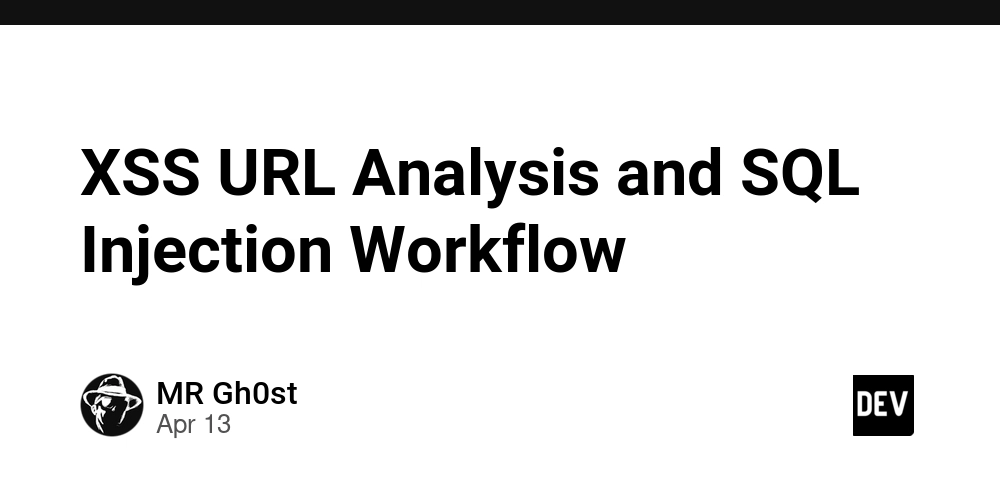




































































































.png?#)











































































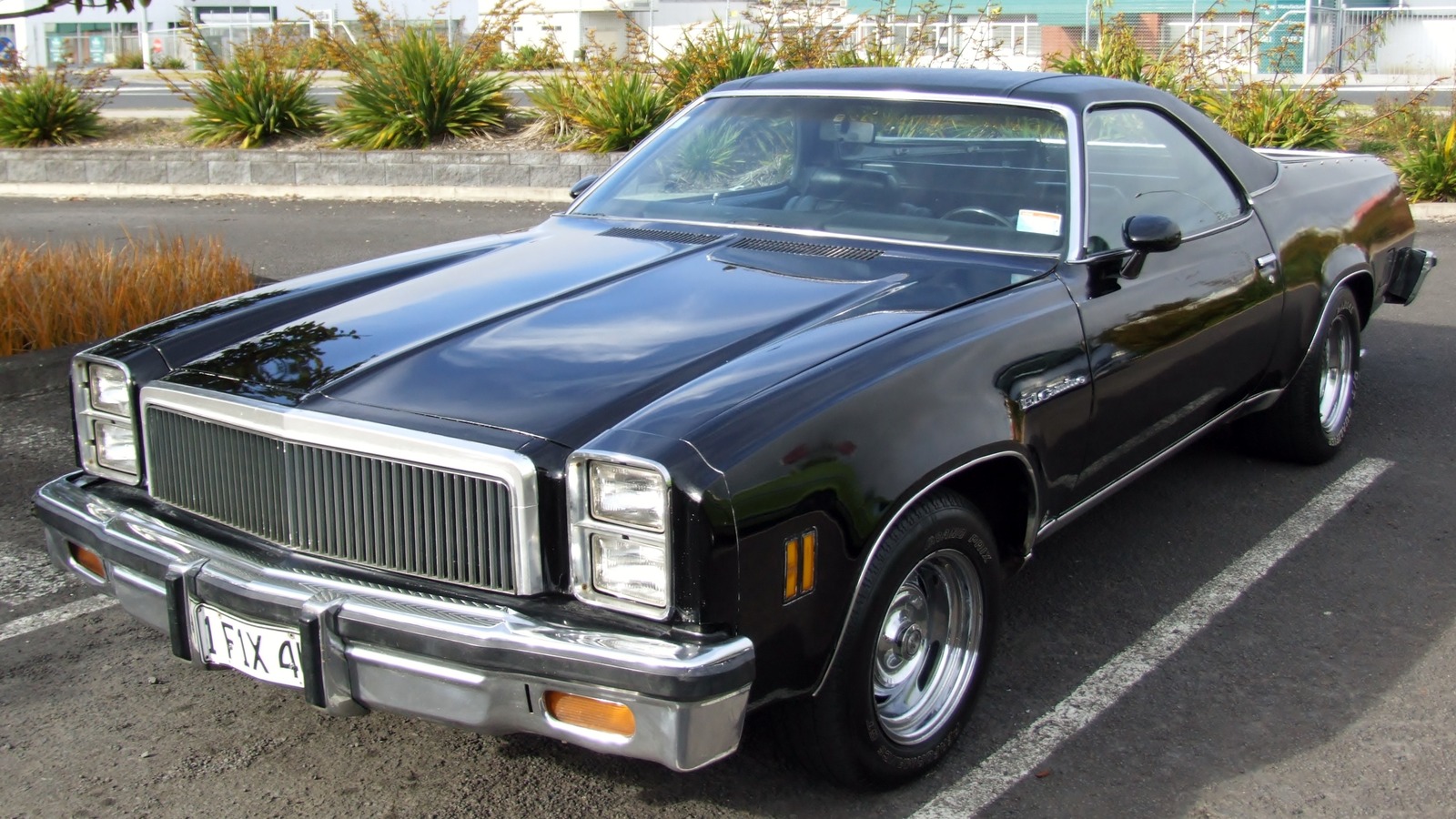























































![What Google Messages features are rolling out [April 2025]](https://i0.wp.com/9to5google.com/wp-content/uploads/sites/4/2023/12/google-messages-name-cover.png?resize=1200%2C628&quality=82&strip=all&ssl=1)











![iPadOS 19 Will Be More Like macOS [Gurman]](https://www.iclarified.com/images/news/97001/97001/97001-640.jpg)
![Apple TV+ Summer Preview 2025 [Video]](https://www.iclarified.com/images/news/96999/96999/96999-640.jpg)
![Apple Watch SE 2 On Sale for Just $169.97 [Deal]](https://www.iclarified.com/images/news/96996/96996/96996-640.jpg)





































































































